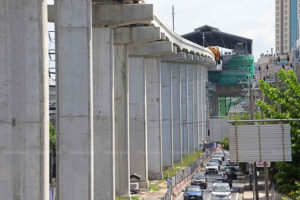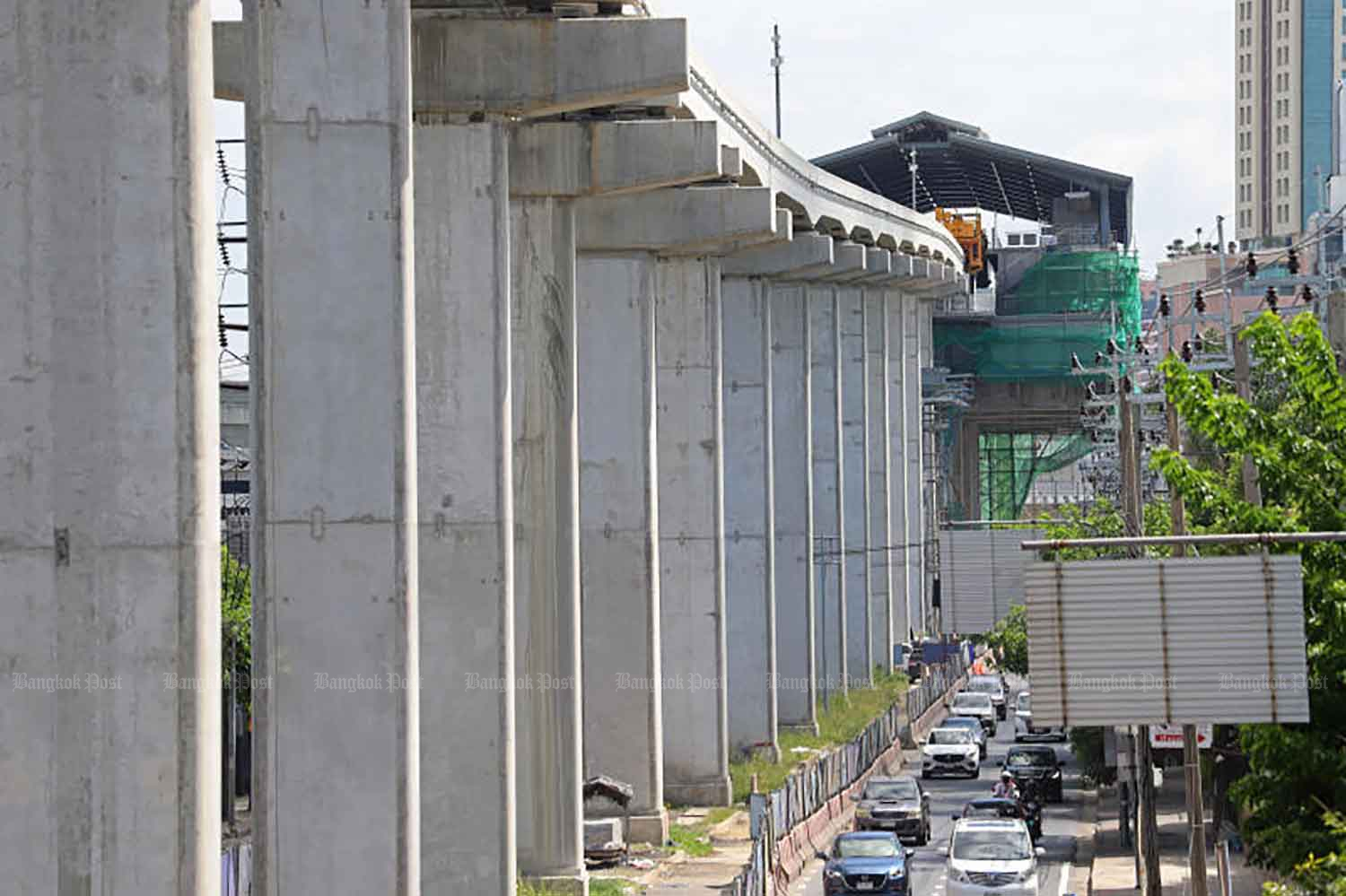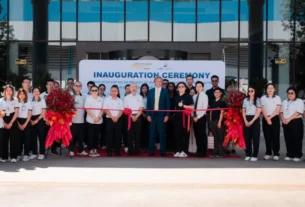
Getting paid – A New Bill to streamline Construction Disputes in Thailand
Blog – Herbert Smith Freehills LLP
Construction disputes between contractors and employers in Thailand can take years to be resolved in court or arbitration. This can result in construction work being delayed and sometimes abandoned, and contractors facing financial difficulties. In response, Thailand is considering the introduction of a draft bill titled “Act on the Settlement of Disputes regarding Payment in Construction Contracts”.
The bill is inspired by security of payment legislation in Malaysia and Singapore. The common objectives are to: (i) allow faster and less expensive dispute resolution, (ii) create a specialised authority capable of dealing with the complexities of construction contracts, (iii) ensure that contractors are paid according to the contract, all with a view to easing cash-flow and minimising effects of pricing disputes on work disruption.
Features of the Bill
Section 8 restricts ‘pay when paid’ clauses, where payments to subcontractors and consultants are dependent on the employer paying the prime/lead contractor.
Section 15 is intended to allow contractors to seek immediate recourse for non-payment. After issuing a demand notice to the employer and where payments remain in arrears, the contractor may initiate adjudication proceedings.
Sections 9 and 39 codify the ‘pay now argue later’ principle. While parties may litigate a dispute in court or arbitrate the matter in parallel with adjudication proceedings, an adjudication award will be binding unless and until the court or an arbitrator (depending on the choice of dispute resolution mechanism in the parties’ contract) reaches a final and conclusive finding on the matter in dispute.
Sections 40 to 42 address enforcement of the Award. Payments must be made 15 days after the adjudicator’s award is given or as otherwise specified by the adjudicator. Upon the employer’s failure to make payment, the contractor may seek payment from the employer’s guarantor or enforce the adjudicator’s award against the employers’ assets as if it were an order of court.
This is a welcomed development. If passed, the Bill will update Thai law to take account of the commercial realities of the industry and adopting tried and tested approach from other jurisdictions to improve contractor cash flow.
The bill is at the public hearings stage and is being refined to ensure that the bill is effective and practical to the construction market in Thailand. We are monitoring the bill closely and are ready to assist clients navigate developments in the law.
Herbert Smith Freehills LLP – Warathorn Wongsawangsiri, Daniel Waldek and Amornwit Phesprasert
Source: https://www.lexology.com/library/detail.aspx?g=8b8e9a80-2f4e-4a98-9bd2-88eb41586798

